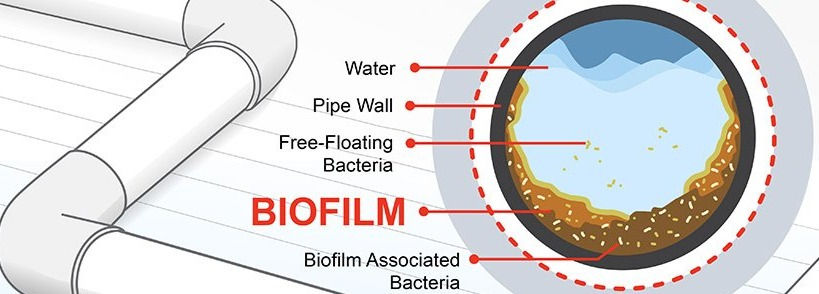Dentures
- kerryocm
- Mar 26, 2019
- 2 min read

Our teeth have a significant impact on the way we live our life. They influence how we look, how we speak, how we eat, and their absence greatly affects how we perceive ourselves and how others see us.
So if we are missing some or all of our teeth then our quality of life and sense of confidence can be compromised. One alternative to replacing these lost or missing teeth is to have dentures fitted by your dentist.
Not your grandmother’s dentures
While dentures are often the target of ridicule in popular culture, the truth is they are an effective replacement for teeth lost to decay, gum disease, or trauma. If you have experienced partial or total tooth loss, it’s likely your dentist will talk to you about having dentures fitted. Dentures are typically made of acrylic and resin, specialist plastics and occasionally lightweight metal and are designed to look like your natural teeth. There are three main types of dentures:
1. A full denture Replacing all your natural teeth, these rest on your upper or lower jaws or both, providing support to your face and giving it a natural, more “filled-in” look. 2. A partial denture Replacing lost or missing teeth, this is held in place by clasps around your remaining teeth and may have a cobalt-chrome base for added strength. 3. Implant retained denture An alternative to standard dentures, these replace one or more single teeth and are held in place by implants fixed into the jaw. Dentures are customised by your dentist or prosthetist to fit your mouth. However, even the best made dentures may cause irritation at first as you adapt to how they feel in your mouth. You may need to return to your clinician for minor adjustments. If you’re having teeth removed and need a denture, your dentist may suggest waiting a few months after the teeth have been removed so that your gums can heal and the need for adjustment is minimised. However, if you need a denture immediately after a tooth is removed and it is fitted during the same visit (an 'immediate' denture), then more frequent adjustment may be necessary.
Keeping your mouth healthy
Even when your dentures are comfortably in place, it’s still important to see your dentist regularly to ensure they are fitting and that your mouth and any remaining teeth are healthy.
https://www.ada.org.au/Your-Dental-Health/Older-Adults-65/Dentures#



Comments